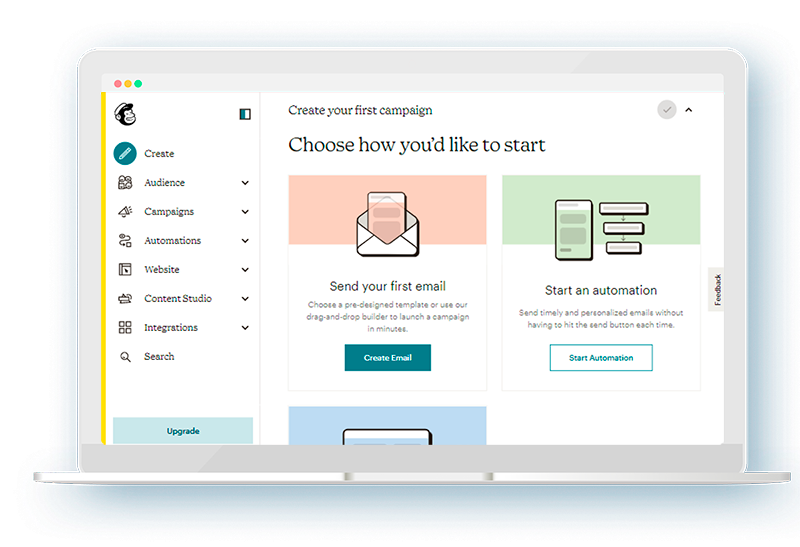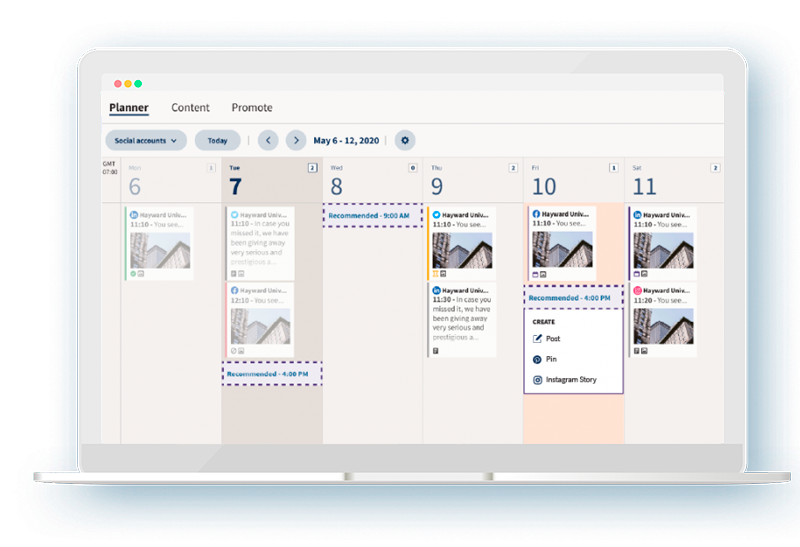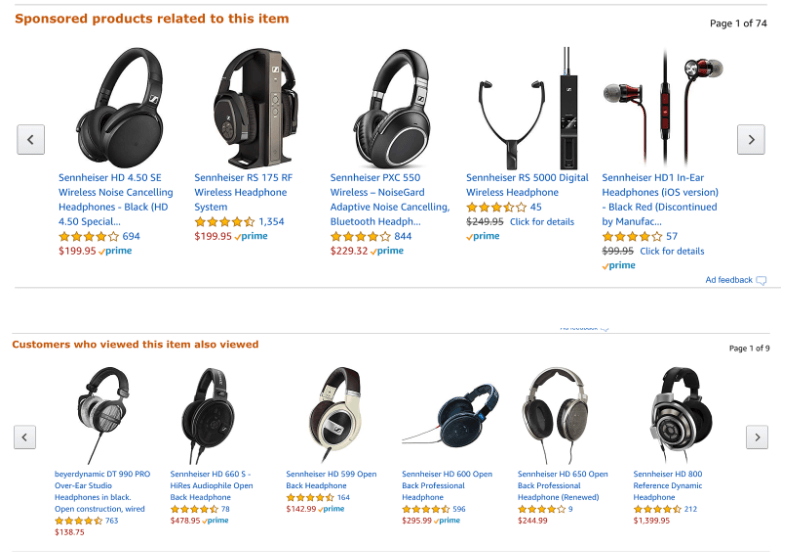[display-name-category]
[post_author]
[wtr-time]
Our relationship with technology has changed tremendously over the years. By now, most of the people you know are connected. Most businesses that you interact with are too.
For the most part, most businesses have grasped the importance of digital marketing and how it allows them to stay connected to customers and reach potential ones.
Modern consumerism offers brands a series of touchpoints.
- Reach them while they are out of the house or searching.
- Find them on the buyer’s cycle depending on intent.
- Follow up when it’s most appropriate, and so on.
When it comes to digital, the opportunities are endless. This increased activity means that your team juggles multiple platforms, responses, and stages in the buyer’s cycle.
The whole ordeal is exhilarating and exhausting at the same time. As a white label PPC agency and data nerds, we know firsthand how complex it can get. We’ve rummaged through all the MarTech tools to make it easier and more pleasant for everyone.
But before we get ahead of ourselves, let’s start at the beginning.
What is MarTech?
Marketing technology is a digital tool that focuses on supporting marketing. MarTech uses AI, data, and machine learning to cover more ground and assess opportunities more efficiently. These tools address the “work smarter, not harder” ideal.
If you are:

Tracking campaign performance using Google Analytics.

Sending designed emails to various groups at the same time with MailChimp.

Scheduling posts for social media on Hootsuite.
Then, you are using MarTech.
Using these tools makes the operational side of tasks more efficient for marketing goals. Of course, these optimizations can contribute to the ROI of your marketing efforts.
We’ll walk through some of the benefits that you can begin to draw for your business.
Why Invest in MarTech?
The way we live has changed. This changes us as well. The overcrowding of brands, experiences, digital platforms, and touchpoints is spoiling consumers. We’ve mentioned the benefits of MarTech before. Still, we’d like to take a closer (and fresh) look at what your business can hope to achieve:
User Experience
Studies reveal 40% of consumers won’t wait more than three seconds before dropping off a site. Incredible, right?
These high standards mean that businesses can’t afford to overlook performance from loading speed to customer service.
Chatbots are a great example of how customers expect businesses to invest in MarTech that contribute to their experience.

At first, speaking to a computer felt weird, but we closed the window after a quick resolve with a bot. These automated responses allow users like you and me to provide 24/7 instant responses. That was quick! That was the point.
For those trying to figure things out long past 9-5 pm service hours, 69% of U.S. consumers prefer using chatbots for their speedy response.
Aside from speed, it helps teams cover more ground, responding to many inquiries or (angry) users simultaneously. This process will filter out many issues that don’t need to be addressed by a live agent, minimizing labor and reducing costs.
Properly guided chatbots have a remarkable ability to maintain your brand’s tone and feel throughout the conversation without distractions or poor attitudes. Moreover, these communication tools don’t only provide information, but they also gather data about your audience, common pain points, and their journey to reaching their solution. Best said by Boldist, chatbots save time and money on agents.
Yet most small business owners surveyed said they didn’t use the technology. A chatbot running on your website can answer customers’ basic questions at all hours of the day or night, even if you’re focused on different tasks.
Customers expect uber-engaging, seamless experiences online. From e-commerce shops to sites, your brand should be easy to look through.
Efficiency
So, your customers are happier, but what about your employees?
David Cancel, CEO, and co-founder of Drift speaks the truth when he said that the Great Resignation is proof that teams are overwhelmed and overworked.
This problem compromises the quality of work, which can quickly affect customer satisfaction.
However, tools powered by AI offer relief. Tools like Salesforce support the team internally, making things more efficient. CRM systems drive revenue, develop relationships, and eliminate gaps.
For example, a Director of Marketing at a digital marketing agency can benefit from:
- Email marketing metrics
- Campaign CTR
- Dashboards that summarize email campaign specifics
Separately, a Director of Sales can track:
- Calls made per hour
- % of calls with positive outcomes (meetings or demo follow-ups)
As you can see automated processes and AI data processing can make the most tedious tasks more manageable across disciplines.
Personalization
Customers expect that brands know what they want based on their preferences.
Personalization is a buzzword in marketing these days. However, it’s more than knowing a customer’s name. Customers expect you to provide relevant information at the right time when they need it. Again, MarTech tools satisfy customers’ expectations.
Though privacy issues have changed over the years, many studies reveal that US and European consumers don’t mind sharing data for personalized customers.
Leslie Osman, CMO at IncredibleBank, points out that rewarding loyalty in real-time is now table stakes, thanks to consumer experiences learned from Netflix, Google, Amazon, and others.
Amazon’s personalization is powered by machine learning and provides customers with highly customized recommendations across the endless products available on their site.

What is a MarTech stack?
A MarTech stack, also known as a marketing technology stack, is a collection of tools that support digital marketers in carrying out tasks for clients. It varies across industries, but it will depend on the functions you must perform for clients and your budget.
Our team of experts has spent a great deal of time rummaging through digital tools to narrow down which serve our teams and clients best.
Let’s go through some of the tools our experts have validated as worth platforms:
This software is considered the best CRM on the market and heavily supports your business from sales to marketing teams. It’s useful to businesses of all sizes and offers advanced customization.
Feed marketing solution that empowers merchants and agencies across eCommerce channels. You can achieve data feed optimization, integrate marketplaces, create keywords and ads for everyday products in your catalog, gain insights on ad performance and monitor competitor prices.
B2B marketing automation tool owned by Salesforce. Allows businesses to create smarter, more effective marketing through personalized journeys and tracking performance. Businesses can do everything including designing landing pages to identify quality leads before the competition does.
Offers businesses 50+ tools on SEO, content marketing, competitor research, PPC, and social media marketing to help attract and grow its audience online faster.
Craving more? Watch our SharkClip to hear from our experts:
Jumpstart Your Business Marketing With MarTech
Create an efficient workflow of marketing for your business with MarTech. Gaining knowledge of the opportunities and tools that are available to your team will help you grow and scale your business.
White Shark Media’s Compass connects your team with our experts for sales consultations. Your time with experts includes live demonstrations, proposal walkthroughs, growth strategies, and co-pitching assistance.
Want to close your deals faster? We’re here to help.






